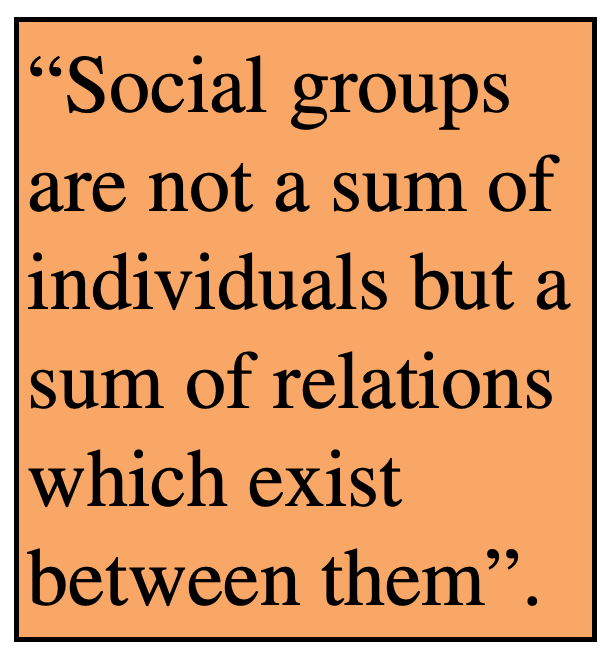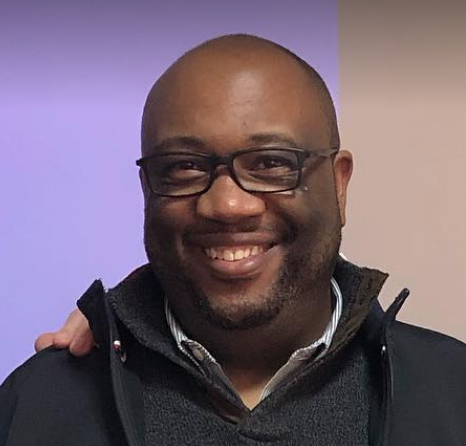Talking about Moreno’s approach, German sociologist Leopold Von Wiese, (1949) said:
“the realm of subjectivity is never given up by him. But the use of the word subjective here should not imply that Moreno is limited in his studies by a personal involvement; it is just the opposite. His aim is directed towards the most exact objectification of observations; but the object of these operations is the realm of the human psyche exclusively. This is so perhaps because he is a psychiatrist, a practical psychologist and physician. We too, in our “system of relations” do not neglect the psychological processes; but their penetration is one of several tasks so that we can recognize that realm of existence which. is crucial; the social one which lies between men and not within them. Particularly when one, as Moreno, like ourselves, emphasizes the significance of the little word “between” one should not permit it to vanish into a “within”.”
I like this as a formulation of the relational paradigm.
More on this theme from Von Wiese:
“When we try to reproduce here the chief content of Moreno’s work, we may best start With a statement from White’s foreword to it, one Which is also an axiom of our system of relations: “Social groups are not a sum of individuals but a sum of relations which exist between them”.
Which makes them complex beyond imagination.
Von Wiese, Leopold. (1949). “Sociometry.” Sociometry, Vol. 12, No. 1/3 (Feb. — Aug, 1949), pp. 202—214 Published by: American Sociological Association https://www.jstor.org/stable/2785387


